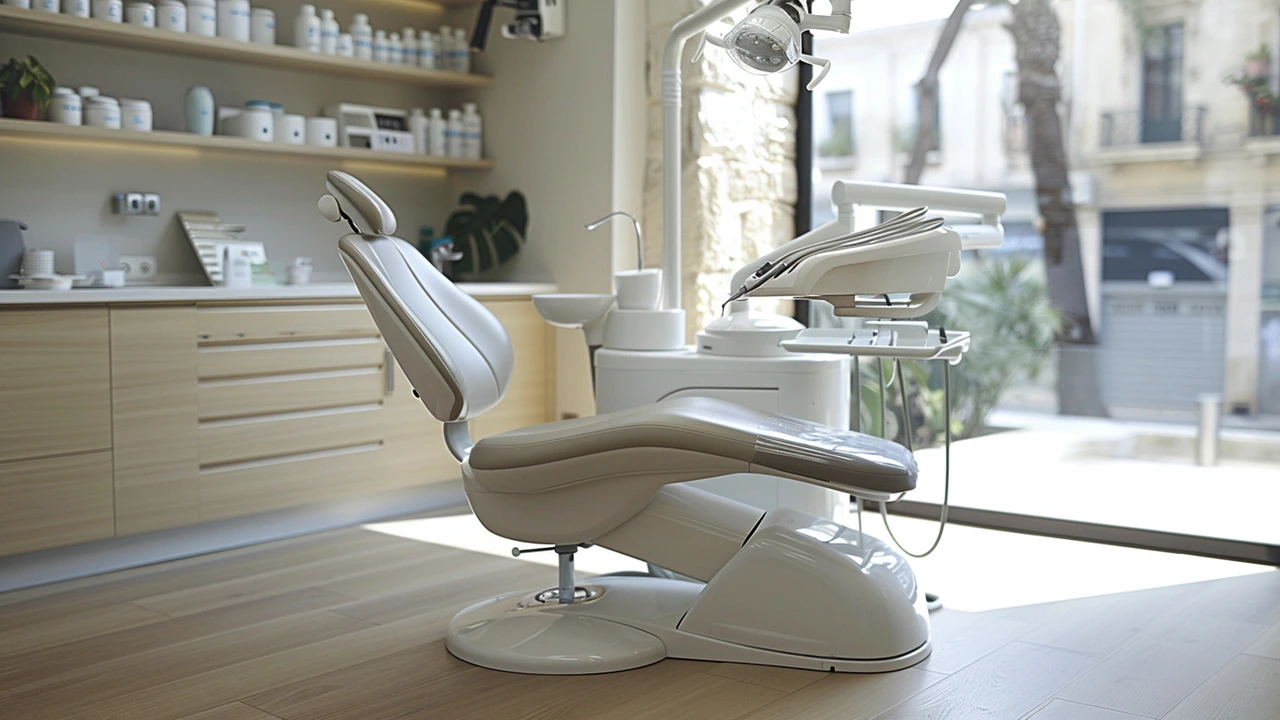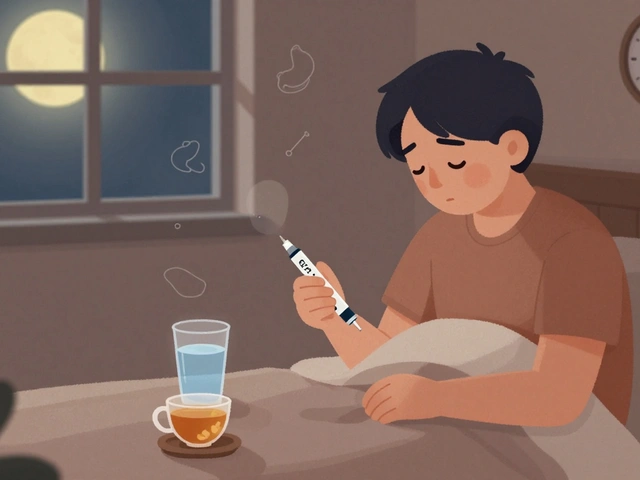Oral Health: Practical Tips for a Healthy Mouth
Bad breath, bleeding gums, or a dry mouth are annoying — and often avoidable. Oral health affects eating, speech, sleep, and overall health. This page gives clear, usable steps you can start today: better brushing, smart foods, and how medicines can change your mouth. No fluff, just what works.
Daily habits that actually help
Brush twice a day with a soft brush and fluoride toothpaste. Angle the brush 45 degrees at the gum line and use gentle circles — harsh scrubbing harms gums. Replace your toothbrush every three months or sooner if bristles are worn. Floss once a day to remove food and plaque where the brush can’t reach. If floss isn’t your thing, try interdental brushes or a water flosser.
Rinse with a fluoride mouthwash if your dentist recommends it, especially if you have a history of cavities. Limit sugary snacks and sticky treats that cling to teeth. Drink water instead of soda; water helps wash away food and keeps saliva working — saliva is your mouth’s natural defense.
Watch for signs that need attention
Notice persistent bleeding, loose teeth, chronic bad breath, or white or red patches? See a dentist. These can be signs of gum disease, infection, or other issues that won’t fix themselves. Pain that doesn’t ease after a day or two also deserves a checkup. Early treatment is simpler and cheaper than fixing problems later.
Don’t skip regular dental visits. A six-month cleaning removes tartar that brushing can’t, and a dentist spots early decay or gum disease. If insurance or cost is a problem, look for community clinics or dental schools where services are lower-cost.
Smoking and vaping harm gums and increase risk of tooth loss and oral cancer. Quitting helps your mouth heal fast. Alcohol also dries the mouth and can worsen gum problems, so cut back if you can.
Some foods help too: crunchy fruits and veggies like apples, carrots, and celery stimulate saliva and scrub teeth gently. Dairy products provide calcium and phosphate that strengthen enamel. Limit sticky candies and acidic drinks that erode enamel over time.
Many common medicines cause dry mouth (xerostomia) — antihistamines, some blood pressure drugs, antidepressants, and even some antipsychotics. Dry mouth raises your risk for cavities and infection. If meds are the cause, ask your prescriber about alternatives, or use sugar-free lozenges, sip water often, and consider an alcohol-free saliva substitute.
If you wear a night guard, retainer, or dentures, clean them daily. Poorly fitting appliances can cause sores and infections. For denture wearers, take them out at night and soak them according to instructions.
Oral health ties into overall health. If you have diabetes, heart disease, or are on long-term medications, mention dental concerns to your medical team. Good mouth care is simple but powerful — small daily steps protect your smile and your health.
8
Dental Prophylaxis Appointment: What to Expect
Dental prophylaxis plays a crucial role in maintaining oral health. This article explores what you can expect during a dental cleaning appointment, from the initial examination to polishing. Understanding this process can help make the experience seamless and stress-free.
Latest Posts
Popular Posts
-
 OTC Heartburn Medications: Antacids, H2 Blockers & PPIs Explained
OTC Heartburn Medications: Antacids, H2 Blockers & PPIs Explained
-
 Extended Use Dates: How the FDA Extends Drug Expiration Dates During Shortages
Extended Use Dates: How the FDA Extends Drug Expiration Dates During Shortages
-
 Stinging Insect Allergy: What Venom Immunotherapy Really Does for You
Stinging Insect Allergy: What Venom Immunotherapy Really Does for You
-
 Meniere’s Diet: How Sodium Restriction and Fluid Balance Reduce Vertigo and Hearing Loss
Meniere’s Diet: How Sodium Restriction and Fluid Balance Reduce Vertigo and Hearing Loss
-
 Enteral Feeding Tube Medication Safety: Compatibility and Flushing Protocols Explained
Enteral Feeding Tube Medication Safety: Compatibility and Flushing Protocols Explained



